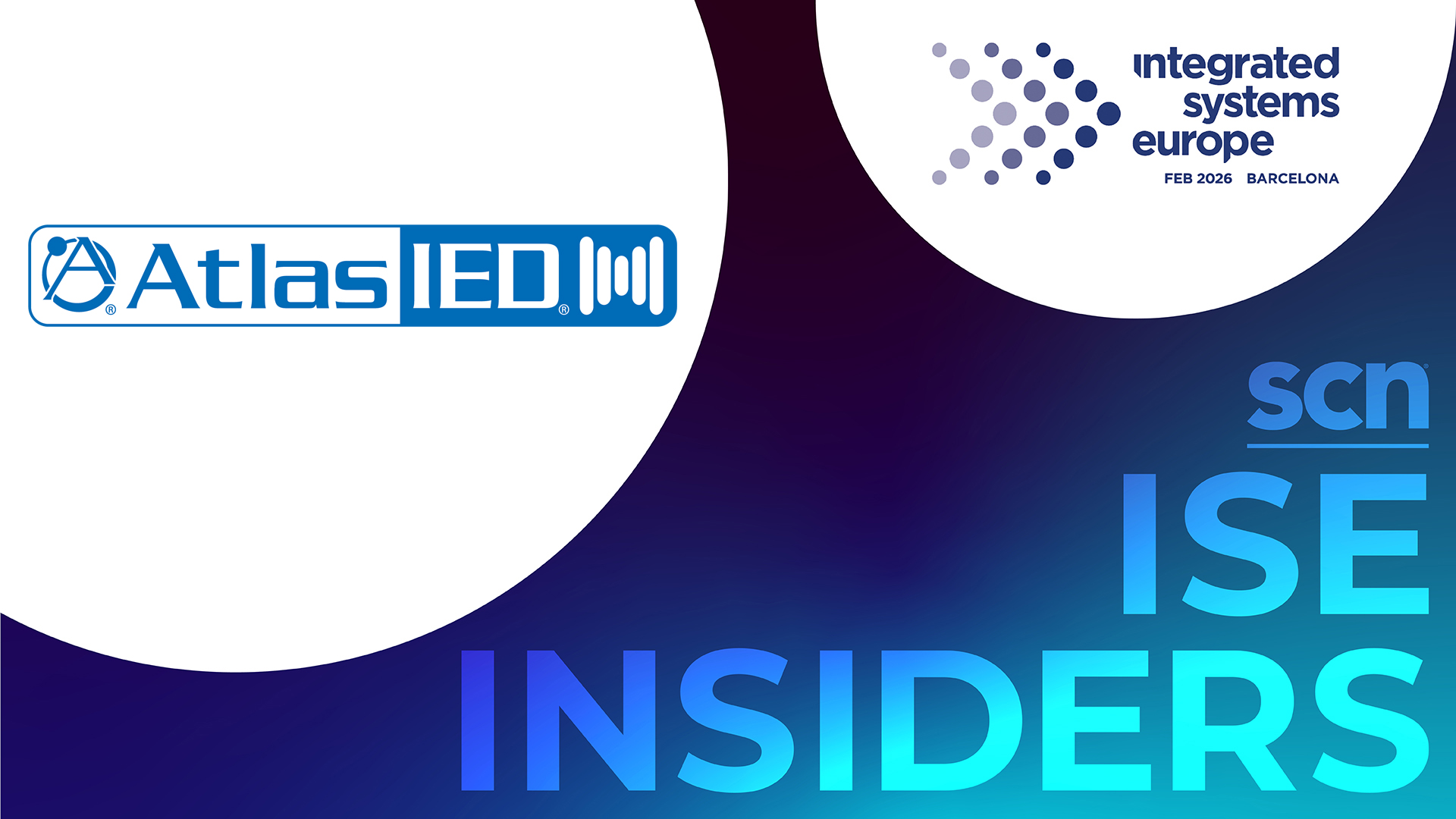Working Towards A Common Goal
Pittsburgh, PA - At The Sextant Group, working together is the secret to success. Not just within the company, but with systems integrators, architects, building owners and, as technology advances, other specialized fields.
"The nature of systems integration has changed radically in 10 years. The magic word is 'convergence.' Ten years ago, AV systems integrators and consultants were focused on AV," reflects Mark Valenti, president, The Sextant Group. "Today, our focus is on a broad range of technologies that share a common infrastructure, like telecommunications, data networking, security, surveillance, building automation and a host of other low voltage systems that in the old days were completely separate from each other: there were separate experts and separate infrastructures. In today's marketplace, that 'separateness' is gone. The good consultant and the good systems integrator have realized that the right solution for the owner is a converged solution."
Founded by Valenti in 1995, The Sextant Group offers consultation in a number of different areas-including audiovisual, acoustics, information technology and technology planning-to a wide range of markets, such as education, healthcare, corporate, government and worship. In addressing convergence, the firm emphasizes the importance of remaining on top of what's happening today, and what is down the road. "One of the main ways that we are known in the marketplace is for having a very good grasp on emerging technologies; the technologies that are just over the horizon," notes John Cook, principal. "They may be in the lab, or they may be available now but not commercially viable for a number of reasons. I think that we, as a company are able to anticipate what those technologies mean for our clients, and how our clients are going to change the way that they teach, research, learn, collaborate and just basically do business."
This forward-thinking mentality is necessary in an environment where facilities are boasting more technology than ever, Valenti points out. "One of the more interesting developments over the last few years has been related to this topic of convergence and to the increased value of technology systems to the owner. It's rare to look at a new building today that is not chock-full of technology of one kind or another," he says. "In the old days, 10 years ago, if the value of the audiovisual system in a building was $100,000, it was a huge project. Today, it's not unusual to have anywhere from $1 million to $3 million worth of technology, not counting the telecommunications, security and data infrastructure. When you start to add all of those systems together and realize that they are best introduced into the building and executed as a common infrastructure, it can be 10-20 percent of the building cost."
And, as this trend progresses, so, too, will converged systems continue to proliferate. "We can also count on the continuance of convergence; all of these low voltage systems continue to draw closer to each other," Valenti says. "That just makes understanding all of their relative applications all the more important, and being smart about which system goes where, when and how."
While this may demand more expertise, the good news is that audiovisual systems and related technology is becoming less of an afterthought during the planning process, Valenti notes. "It's a core component of the building," he says. In order to deliver the goods, however, consultants and integrators must be ready to face some hefty competition.
"I think we risk incursion from other established communications industries, such as the telecommunications industry and information technology industry, who have a discipline of systems engineering and implementation that does not exist in AV," Valenti observes. "If you look at the telephone industry, it has grown up with a 99.9999 percent quality of service. It's got to work all of the time. In the old days, AV didn't have to work all the time; in fact, I think people give it too much slack. They are willing to put up with too much. The AV industry needs to mature to a point where its QOS (quality of service) rivals telecommunications and data networking. If it doesn't work, we're out of business, because we are becoming mission critical."
A daily selection of the top stories for AV integrators, resellers and consultants. Sign up below.
Carolyn Heinze has covered everything from AV/IT and business to cowboys and cowgirls ... and the horses they love. She was the Paris contributing editor for the pan-European site Running in Heels, providing news and views on fashion, culture, and the arts for her column, “France in Your Pants.” She has also contributed critiques of foreign cinema and French politics for the politico-literary site, The New Vulgate.
